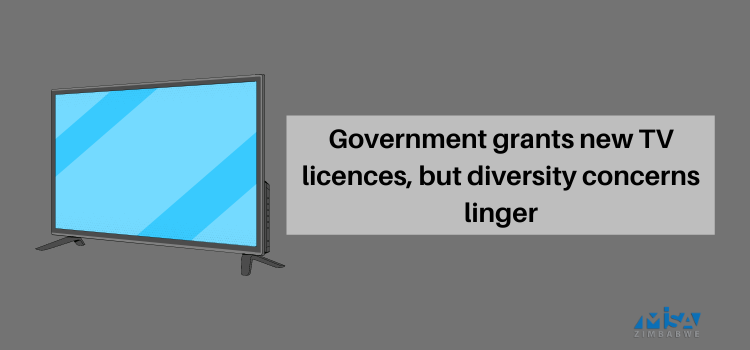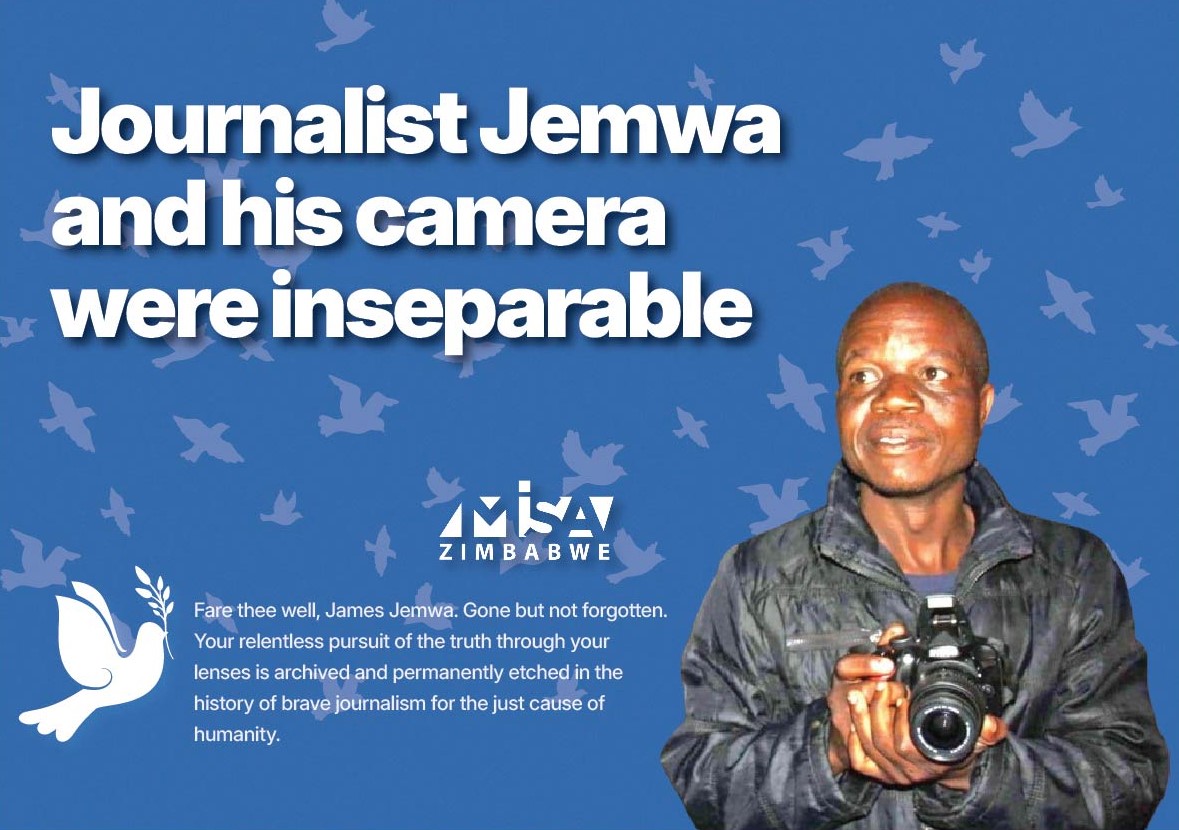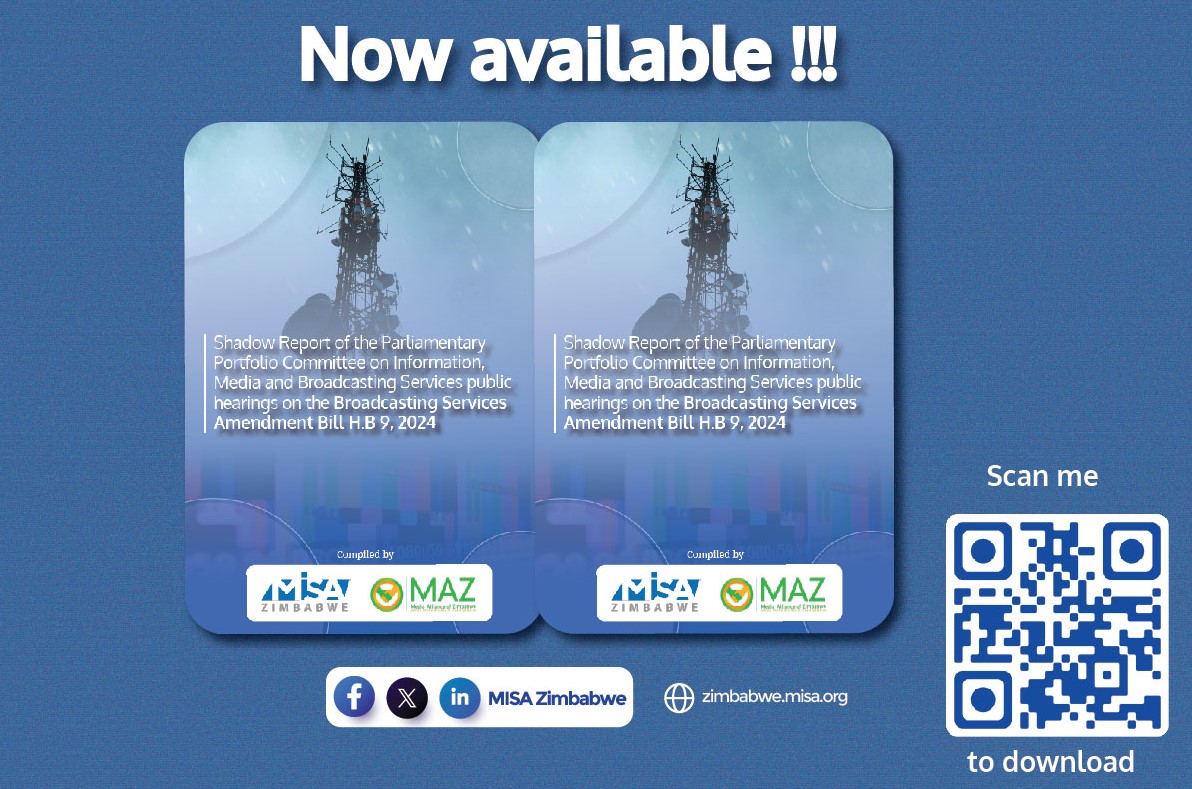The Broadcasting Authority of Zimbabwe (BAZ) has awarded six television licences following public interviews held in October 2020. This is the first time that the country has licensed commercial television stations.
The newly licensed television stations are:
- Acacia Media Limited
- Channel Dzimbahwe
- Fairtalk Communications
- Jester Media
- Rusununguko
- Zimpapers Television Network (ZTN)
This licensing process effectively ends ZBC’s 40-year-old monopoly as the only television station in Zimbabwe.
MISA Zimbabwe position
While the decision to license more television stations is a welcome development, MISA Zimbabwe is worried at the lack of diversity in the granting of the TV licences.
The new TV licence holders either already hold print or broadcasting licences or are linked to the government or the governing party.
With this scenario, the country risks having a homogeneity of news and views, an anathema to democracy.
If Zimbabwe is to have a truly diverse media, there is a need for more players from different backgrounds to be granted licences.
MISA Zimbabwe notes that the BAZ will soon start the process of licensing community radio stations and is worried that if this trend continues, only players with links to the government will be granted licences, yet again.
MISA Zimbabwe, therefore, calls for the genuine liberalisation of the airwaves, where diversity and pluralism are the guiding principles in the granting of licences.













